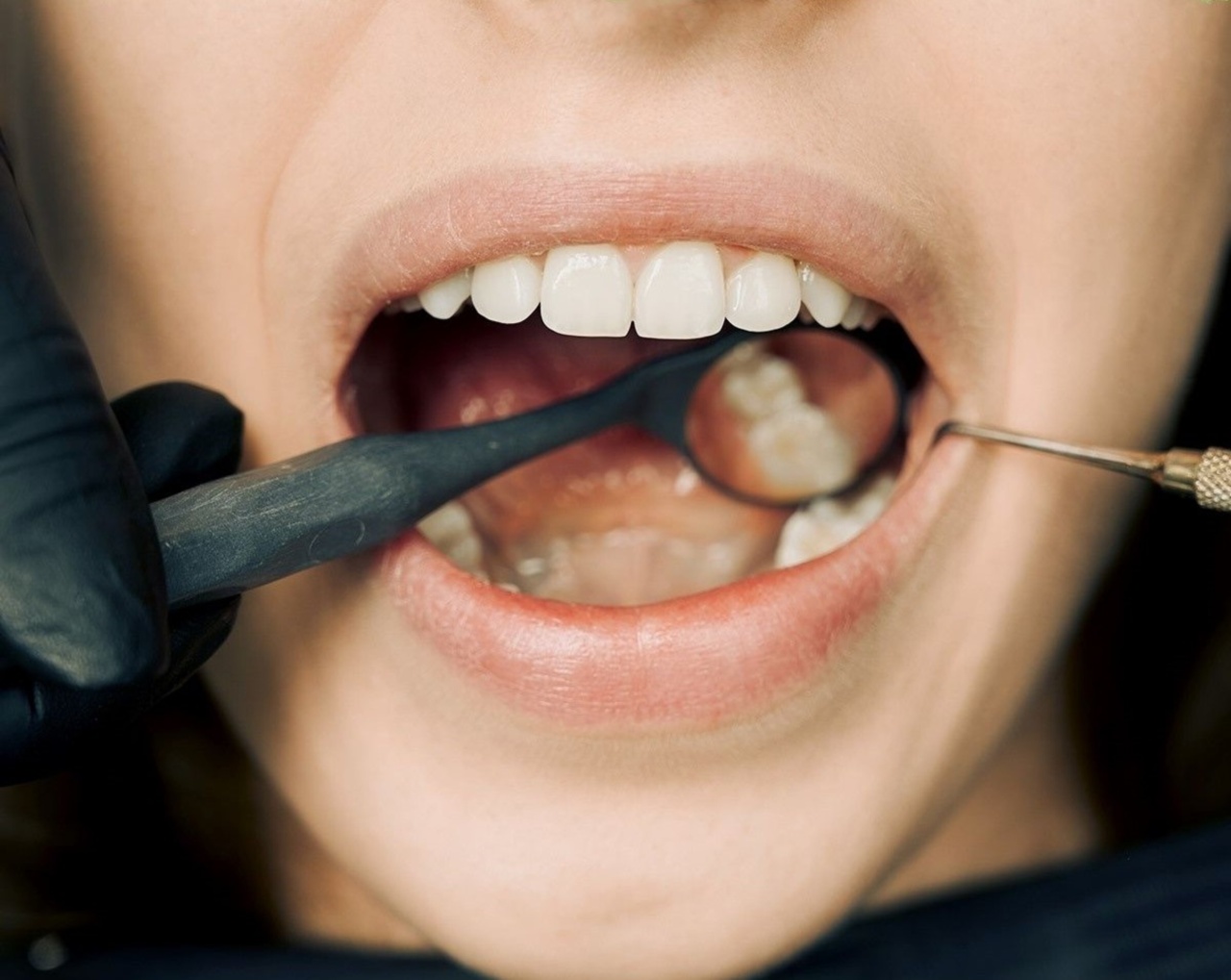Oral thrush is one of the most common fungal infections in the mouth. It is caused by Candida albicans, a type of yeast that thrives in warm and moist environments like the mouth.
Symptoms of Oral Thrush
The symptoms of oral thrush can vary depending on the severity of the infection. Some of the most common symptoms include:.
- White, creamy lesions on the tongue, inner cheeks, gums or tonsils
- Redness or soreness of the affected areas
- Cotton-like feeling in the mouth
- Difficulty swallowing or loss of taste
- If left untreated, oral thrush can spread to other parts of the body and cause more serious infections.
Causes of Oral Thrush
Oral thrush is caused by an overgrowth of Candida albicans, which can be triggered by a number of factors including:.
- Weak immune system
- Antibiotics or other medications that disrupt the balance of bacteria in the mouth
- Diabetes
- Chemotherapy or radiation therapy for cancer patients
- Smoking or chewing tobacco
- Wearing dentures that don’t fit properly
Treatments Options for Oral Thrush
If you suspect that you have oral thrush, you should see your dentist or doctor for diagnosis and treatment. There are several treatment options available for oral thrush:.
- Antifungal medications: These medications can be prescription or over-the-counter and include creams, lozenges, tablets, and liquids. They work by killing the Candida albicans fungus in the mouth.
- Mouthwash: Some mouthwashes can be highly effective against oral thrush as they contain antifungal properties, which target the yeast cells causing the infection.
- Dietary changes: A healthy diet rich in nutrients and low in sugar will support your immune system and help combat fungal infections like oral thrush. Avoiding sugary foods and drinks may also help to reduce the severity of the symptoms.
- Good oral hygiene: Maintaining good oral hygiene is key to preventing and treating oral thrush. Brushing teeth properly using a fluoride toothpaste, flossing daily, and using mouth washes regularly can help maintain a healthy oral environment. Wearing detachable dental appliances such as dentures must also be kept clean, dry, and well fitting.
Preventing Oral Thrush
While some cases of oral thrush may not be preventable, there are several measures you can take to reduce your risk of developing the infection:.
- Maintain good oral hygiene: Brush teeth using fluoride toothpaste at least twice per day, floss daily and use mouth washes regularly. Ensure that any dental appliances such as dentures are kept clean and dry.
- Avoid sugary and acidic foods: These can cause the growth of oral microbes, making infections like oral thrush more likely to develop.
- Quit smoking: Tobacco weakens the immune system, making it more vulnerable to infections like oral thrush.
- Treat underlying medical conditions: If there is an underlying condition causing the oral thrush, treatment of that condition can help to prevent oral thrush.
Conclusion
Oral thrush is a common fungal infection in the mouth caused by Candida albicans. It is important to get a proper diagnosis and treatment from your healthcare provider if you suspect you have oral thrush.
Several treatment options are available, including antifungal medications, mouthwashes, dietary changes, and good oral hygiene practices. Preventing oral thrush requires good oral hygiene, avoiding sugary and acidic foods, quitting smoking, and treating underlying medical conditions.






























